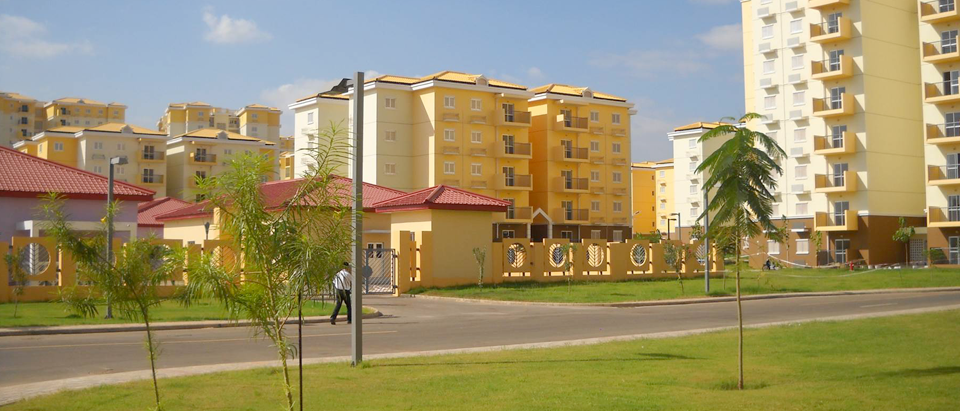 Angola has been making strides in its quest for sustainable development. One notable achievement is the hosting of the first African centre for sustainable development.
Angola has been making strides in its quest for sustainable development. One notable achievement is the hosting of the first African centre for sustainable development.
Named the Excellence Centre for Science Applied to Sustainability, this Centre provides opportunities for scientists from different countries to exchange acknowledge and receive training in the latest cutting edge technology. The Centre is hosted by the University of Agostinho Neto, based in Luanda, near the city of Kilamba, and works in partnership with the Newcastle Institute for Research on Sustainability. The centre also has the support of UNESCO. Working with the Angolan government, the two academic institutions are responsible for the institution’s academic strategy.
The aim of the institution is to train Africa’s top scientists and equip them with the tools to tackle some of the most pressing problems facing Africa today such as access to water, energy, food and natural resources, and natural disasters. The Centre will become a hub for research into these problems.
The training covers a range of areas such as architecture and civil engineering, and will involve up to ten post graduate students annually. These students receive training both in Africa and the UK.
The Centre also hopes to engage in collaboration with other training and research institutions in Africa. They will host international conferences and set up a database for information on African earth sciences. The scientists who will benefit from this database will also be connected with scientists from around the world.
Angola has also made progress on other fronts in the quest for sustainable development, such as encouraging micro-finance among poor communities. Angola has also been able to make progress due to the traditional activities of its own people. For example, informal commercial activities have done much to help ease poverty and unemployment among the population.







